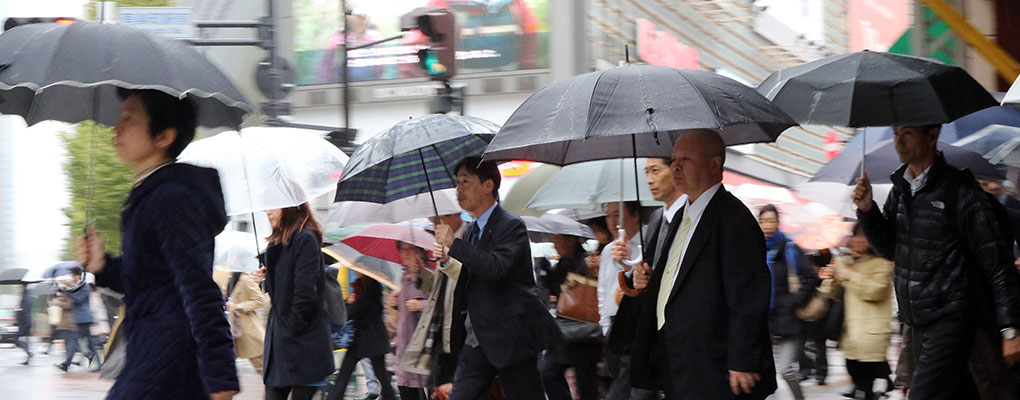
Japan has again slipped into a technical recession, after preliminary data for the third quarter showed the national economy had contracted for a second consecutive quarter. The relapse is the country’s fourth since the financial crisis, and likely means more stimulus will be needed to arrest the slide and keep inflation closer to the central bank’s two percent target.
The results were not altogether surprising after a 0.7 percent slump hit in the second quarter
“The second straight contraction in GDP underlines the downside risks to the Bank of Japan’s growth forecasts,” wrote Capital Economic’s Japan Economist Marcel Thieliant in a research note. “With rising slack dampening price pressures, we remain convinced that more monetary stimulus will eventually be needed.” In the same note, Thieliant goes on to warn that policymakers have shown “considerable reluctance” to step up the pace of easing, and are unlikely to do so in the coming week.
The results were not altogether surprising after a 0.7 percent slump hit in the second quarter. And though the contraction this last quarter is only 0.2 percent, it means the economy has shrunk 0.8 percent on an annualised basis. Companies, despite record profits, are reluctant to raise wages or invest, and the same findings show that business spending fell 1.3 percent on the quarter last, whereas private consumption rose only 0.5 percent.
Aside from Japan’s less-than-impressive performance, there are positives for the country going forwards. “Firms’ forecasts for industrial production suggest that the economy should start to recover this quarter,” said Thieliant. “But we think that growth in the current fiscal year will be closer to 0.5 percent rather than the 1.2 percent projected by the Bank of Japan at its end-October meeting.”


